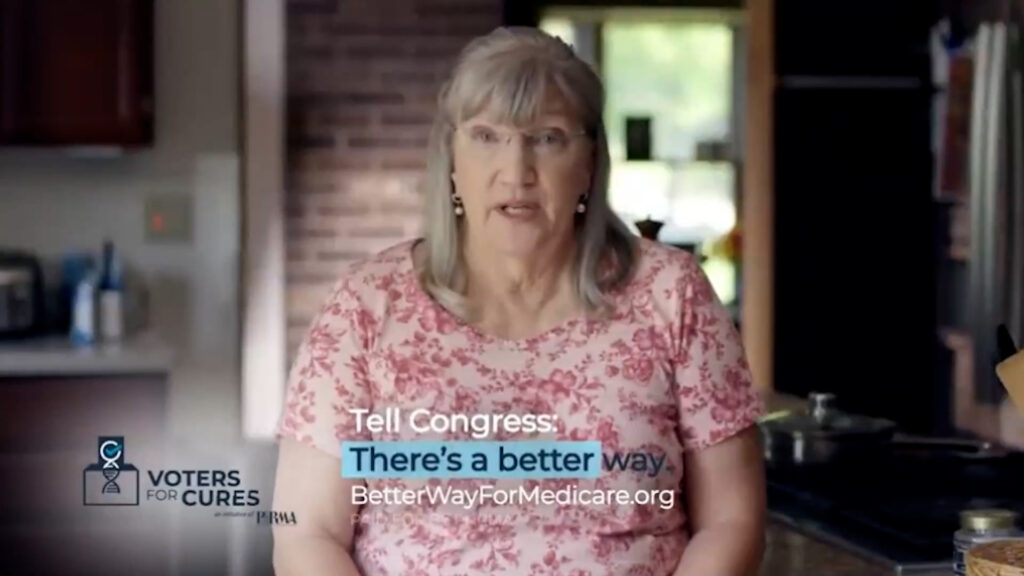I had to do a doubletake on this Big Pharma ad. It was reminiscent of the Harry and Louise ads that killed healthcare reform before.
Big Pharma wants to keep you their cash cow
The United States pays more than any other country for its pharmaceutical drugs. It is not by accident.
Big Pharma is scared that H.R. 3, a bill passed in 2019 by the U.S. House of representatives that included a Medicare drug price negotiation mechanism, will come to fruition. They want to poison the well. How would it work? According to Kristi Martin at the Common Wealth Fund,
Under H.R. 3, the Secretary of Health and Human Services (HHS) would be authorized to negotiate directly with drugmakers in the Medicare program for lower prices for up to 250 prescription drugs each year, including the 125 most costly drugs offered by Medicare Part D plans or sold anywhere in the commercial market. This authority would apply to brand-name drugs that have little or no competition from generic or biosimilar medicines as well as to all insulin products.
Each year, the HHS secretary would select at least 50 drugs from among the up to 250 drugs eligible for negotiation. Drugs that are new to market may be eligible for negotiation if the wholesale acquisition cost, also called the list price, is equal to or greater than the U.S. median household income ($78,500 in 2020).
Prior to the negotiations, the HHS secretary and manufacturer would prepare bids based on a variety of information, including, but not limited to, research and development costs, manufacturing costs, and findings from studies on drugs’ clinical and comparative effectiveness. Negotiations would be bound by an upper limit based on 120 percent of each drug’s average international market (AIM) price, which represents the average price in six countries: Australia, Canada, France, Germany, Japan, and the United Kingdom. For drugs without an AIM price, the upper limit would be set at 80 percent of the average U.S. manufacturer price.
The agreed-upon negotiated price would be made available to insurers and other organizations that sponsor Medicare Part D plans as well as commercial insurance carriers and group health plans. These entities would be permitted to enter further negotiations with manufacturers for deeper discounts.
If a drug is selected for negotiation and the manufacturer either does not participate in negotiations with the HHS secretary or does not reach agreement on a price, an excise tax of up to 95 percent of the drug’s sales, as reported by the manufacturer, would be imposed on the manufacturer.
Big Pharma is using a CBO, finding that over 20 years, 30 fewer drugs would make it to market. No mention is made to what drugs. But one can infer it is likely useless drugs. Remember how Clarinex happened to come out when the Claritin patent was expiring?
We have to enlighten folks to prevent them from falling for corporate traps that zap their hard-earned dollars. Our healthcare system is a wealth transfer engine from the poor and middle-class to the rich. It robs us of generational wealth.

